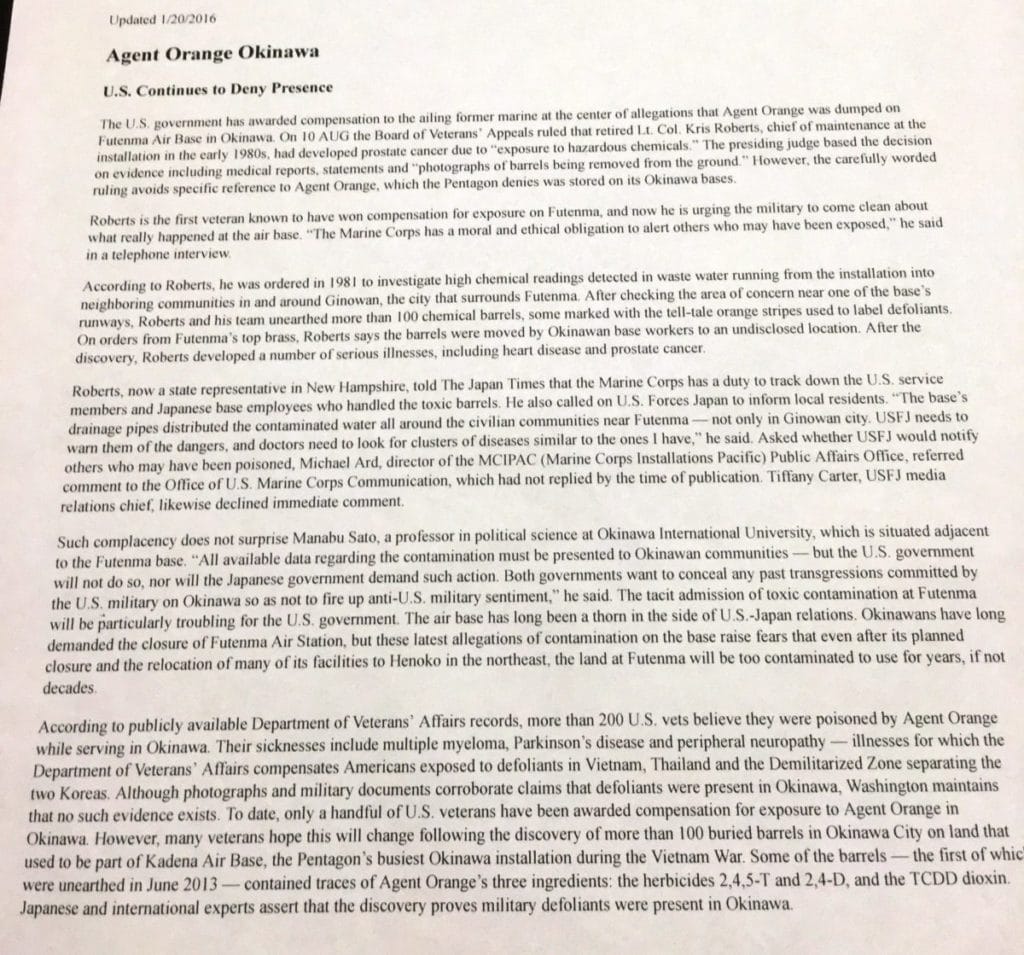
She never documented any service markers that would have tied my depression back to my enlistment. I was broken in spirit how she focused all my issues not related to service. It was until I contacted Chisholm Chisholm & Kilpatrick Attorneys at Law, that I received a copy of her report. I received a denial letter that states not service connected. She never documented anything I said purposely. I explained in detail what happened to me in service & how it impacted my life after service. She only focused her attention on life after the Corps. She never asked me what happened while serving in the Corps. I had a comp & pen exam June of 2018 & the examiner was bias from the start. I pulled my C-File & pieced together everything I endured during my enlistment. I started receiving consistent mental therapy & began to self advocate. I had been Baker Act for suicidal thoughts & homeless. It wasn't until some 30 + years later that I shared what I had experienced to other Veterans. I finally started getting help medically but my life was so difficult & my depression had taken a major toll on my life. I divorced 3 times, couldn't maintain employment, had no relationship with family or friends, panic attacks, nightmares, anger, isolation, & insomnia. I never discussed my DD-214 with anyone because of the "Personality Disorder" stamped on my document. I tried to move on with my life not realizing I was suffering with chronic depression. I was 19 years old & had no idea what to do or who I could seek for help. The Corps purposely without any basis used that discharge to prohibit any medical benefits that were rightfully due to me suffering Major Depressive Disorder. I didn't understand what the discharge meant & how it would change my life. I was discharged under "Personality Disorder" & my career was over. I sought therapy & counseling but if appeared my command was made aware of my attempts to get help. He didn't realize how severe this type of treatment was to me. He told me this was a normal practice & to basically hold on. I finally opened up & shared what I was going through to a Marine brother. I started having suicidal thoughts & desires to hurt my Staff Sergeant. I began having panic attacks & outburst of anger towards my then spouse & my friends.

It had gotten so bad until I withdrew from everyone. I was mentally & physically abused by a Staff Sergeant in my unit due hazing & bullying. This has been a very difficult process since my wrongful discharge Sept 1986. Note: About 60% of all cases have at least 1 issue remanded.ġ–2 monthsThe Board of Veterans’ Appeals usually takes between 1 and 2 months to decide appeals once a judge starts their review. Remand: The judge sends the issue back to the Veterans Benefits Administration to gather more evidence or to fix a mistake before deciding whether to grant or deny.Deny: The judge agrees with the original decision.Grant: The judge disagrees with the original decision and decides in your favor.

For each issue you’re appealing, they can decide to: If you’ve moved recently, please make sure that VA has your up-to-date mailing address.Ī Veterans Law Judge will review all of the available evidence and write a decision. Submitting new evidence at this time could delay review of your appeal. Your appeal will soon receive a Board decision. If you submit evidence that isn’t already included in your case, it may delay your appeal. Your appeal is at the Board of Veterans’ Appeals being reviewed by a Veterans Law Judge.


 0 kommentar(er)
0 kommentar(er)
